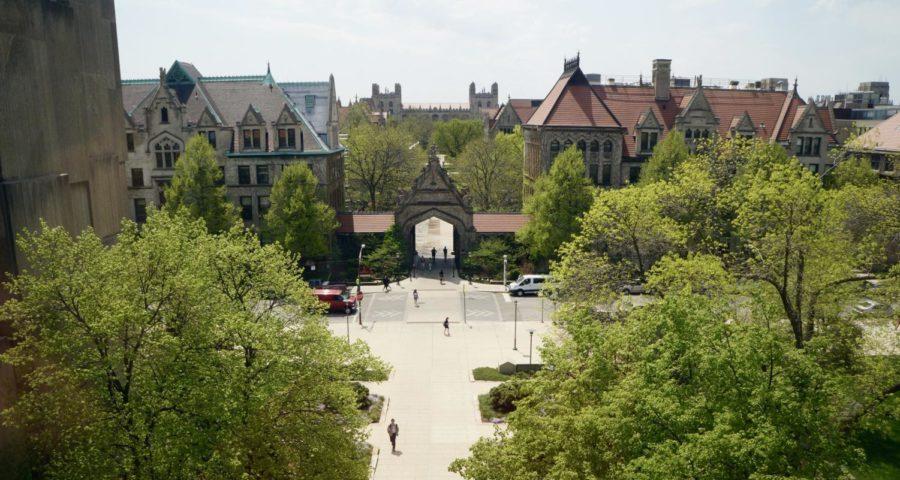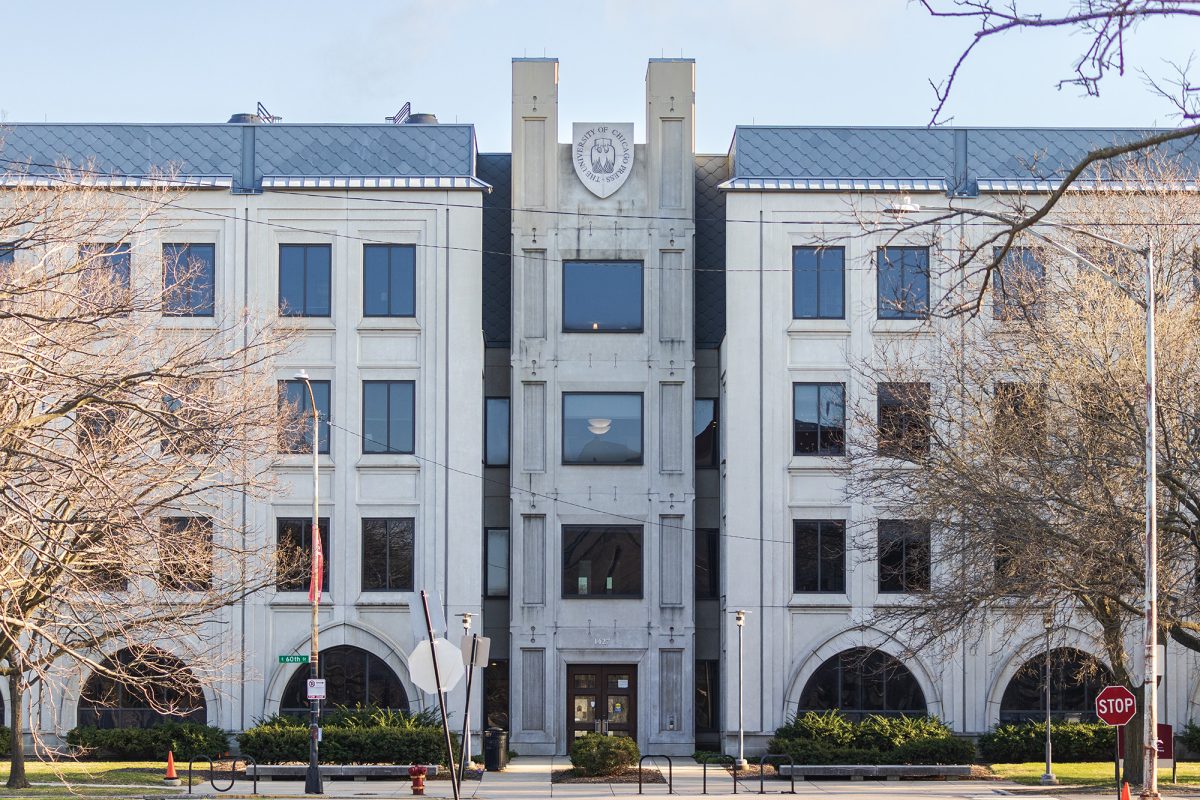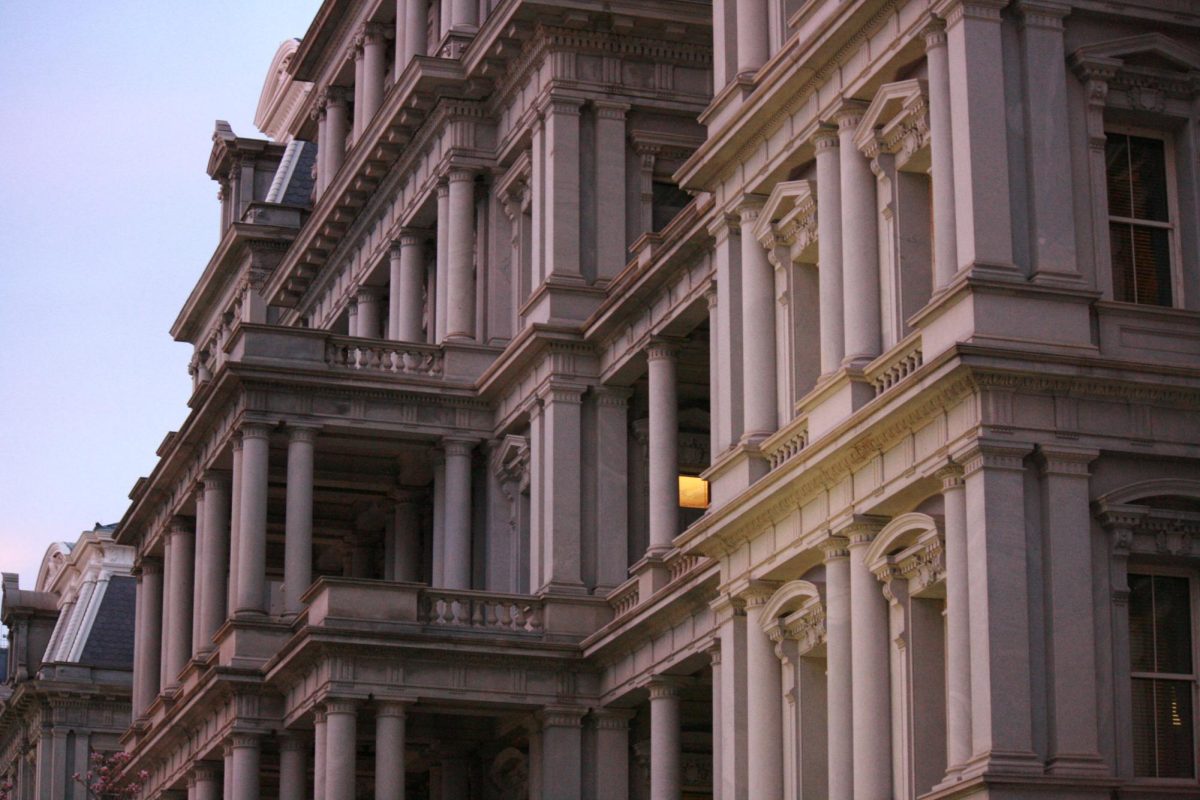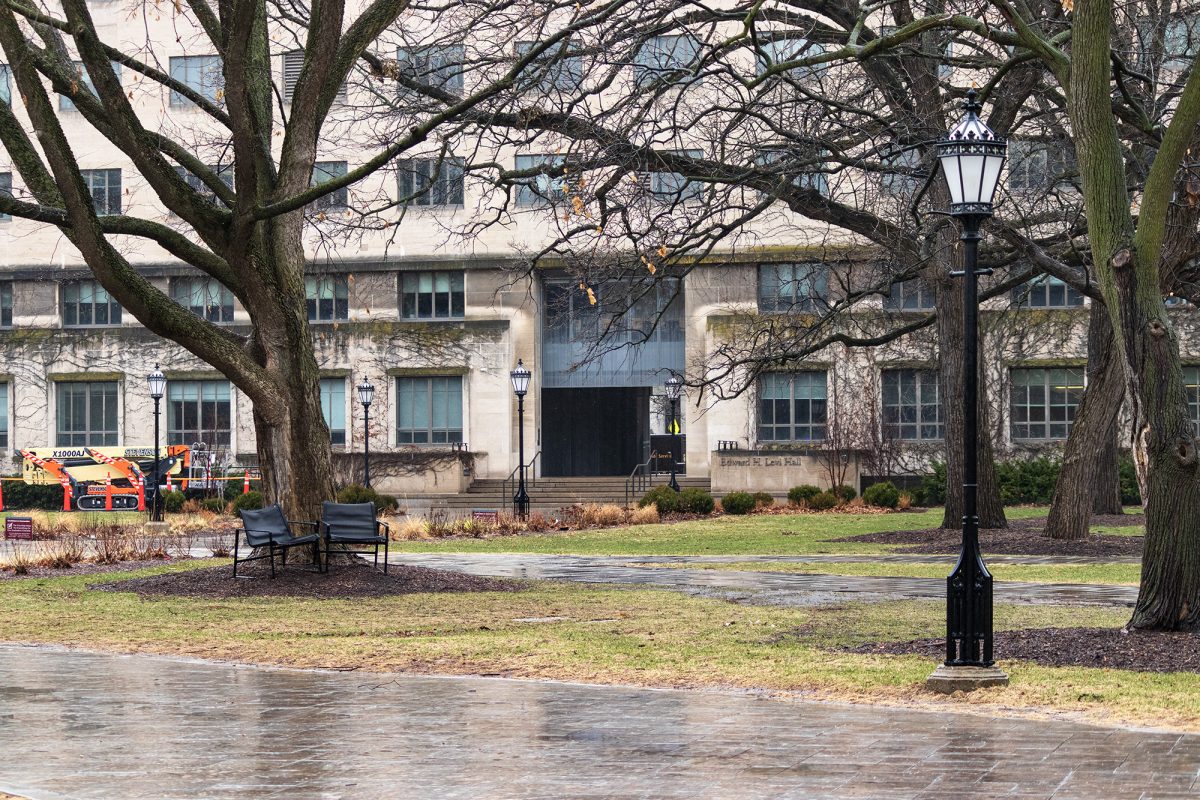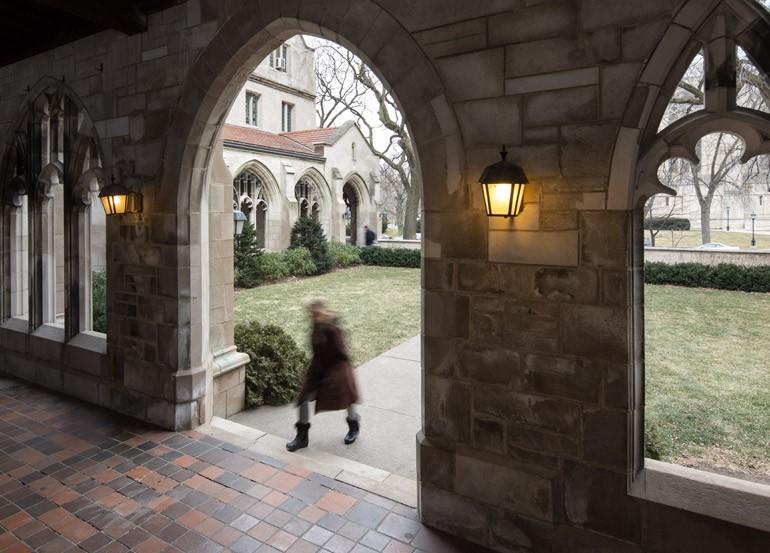All graduate and undergraduate students will be taught remotely for the entire spring quarter in response to the spread of the novel coronavirus (COVID-19), University President Robert Zimmer and Provost Ka Yee Lee announced Thursday morning in an email to the University community.
Students currently living in on-campus housing should plan to vacate housing by 5 p.m. on March 22, the last Sunday of winter quarter, the email said. The University will still provide housing, dining, health, and other resources during spring quarter to students “for whom travel restrictions or other circumstances require them to remain on campus.”
An earlier email sent to resident heads on Wednesday evening, obtained by The Maroon, said students who are from CDC Level 3 countries or who face other “exigent circumstances” will be able to register for spring quarter housing in Max Palevsky. The Thursday morning email to the University community does not discuss this on-campus housing registration process.
University spokesperson Jeremy Manier confirmed in an email to The Maroon Thursday morning that students offered housing will live in Max P.
“The plan [is] to house all the students approved to stay on campus in Max Palevsky since it is the residence hall with private bathrooms. This will help implement social distancing,” Manier said.
Manier also said students living in Vue53 House—part of an apartment complex owned by a private real estate firm but used by the University—will also be expected to leave.
“Since the apartments leased by Housing & Residence Life are operated as a residence hall, we will expect that the residents of Vue53 House will need to vacate along with the other residence halls,” Manier said.
The University of Chicago Medical Center will remain open, according to Zimmer and Lee’s all-school email. The email did not specify whether other spaces used in common, like Regenstein Library and the Gerald Ratner Athletics Center, will close.
Students on financial aid or receiving stipends will continue to receive aid, the email said, though it did not specify whether tuition and other fees will be adjusted following the change to remote learning. The email also did not say whether work-study pay would continue or be suspended for students with on-campus jobs.
The email said that the University is “committed to maintaining University research and daily operations,” but does not state whether graduate students will continue using on-campus facilities and laboratories or move to off-site locations.
The email did not specify what “remote learning” means—whether it will involve exclusively online courses, a system some schools are introducing, or some other approach. However, there are indications that the model will rely heavily on online instruction. “The University of Chicago has moved to online teaching for all spring courses,” Shadi Bartsch, a classics professor, wrote on Twitter this morning.
The Laboratory Schools will also begin remote learning, the email said. The Lab School’s director, Charlie Abelmann, “will be in contact soon with more information, including about the duration of the remote learning period.”
The announcement comes two days after the University told students in-person classes would “continue as scheduled,” but cancelled all spring quarter study abroad programs and suspended nonessential travel and large-scale University-sponsored events.
The number of confirmed cases of COVID-19 in Illinois as of Wednesday was 25, up six from Tuesday and 14 from Monday.
Northwestern University, the University of Illinois, and Illinois State University announced Wednesday they would be moving courses online, joining more than 100 colleges and universities nationwide that have transitioned to a “distance learning” model. Northwestern is extending its spring break by a week and has said it will have remote learning for at least the first three weeks of classes following the break.
The World Health Organization on Wednesday declared the spread of the coronavirus a global pandemic. The organization had previously avoided the term “pandemic” out of worry that it would make the spread of the disease seem unstoppable. Zimmer and Lee used the term in Thursday’s email, saying they “recognize the disruption that this pandemic is causing.”
“We will be acting collectively to prevent and slow the spread of the virus,” they said in Thursday’s email.
Public health experts have said “social distancing” is key to slowing the spread of the coronavirus and recommend keeping three to six feet between people at all times, avoiding large gatherings, and self-quarantining, among other measures.
“Slowing [the spread of the coronavirus] down matters because it prevents the health service becoming overburdened. We have a limited number of beds; we have a limited number of ventilators; we have a limited number of all the things that are part of supportive care that the most severely affected people will require,” Bill Hanage, an epidemiologist at Harvard University’s School of Public Health, told The Washington Post.
“We will provide additional updates on University operations in the coming days, including advice to staff regarding alternative work options,” Zimmer and Lee said in Thursday’s email. They also said the University will continue to update its existing COVID-19 website.
The full email can be read here.



